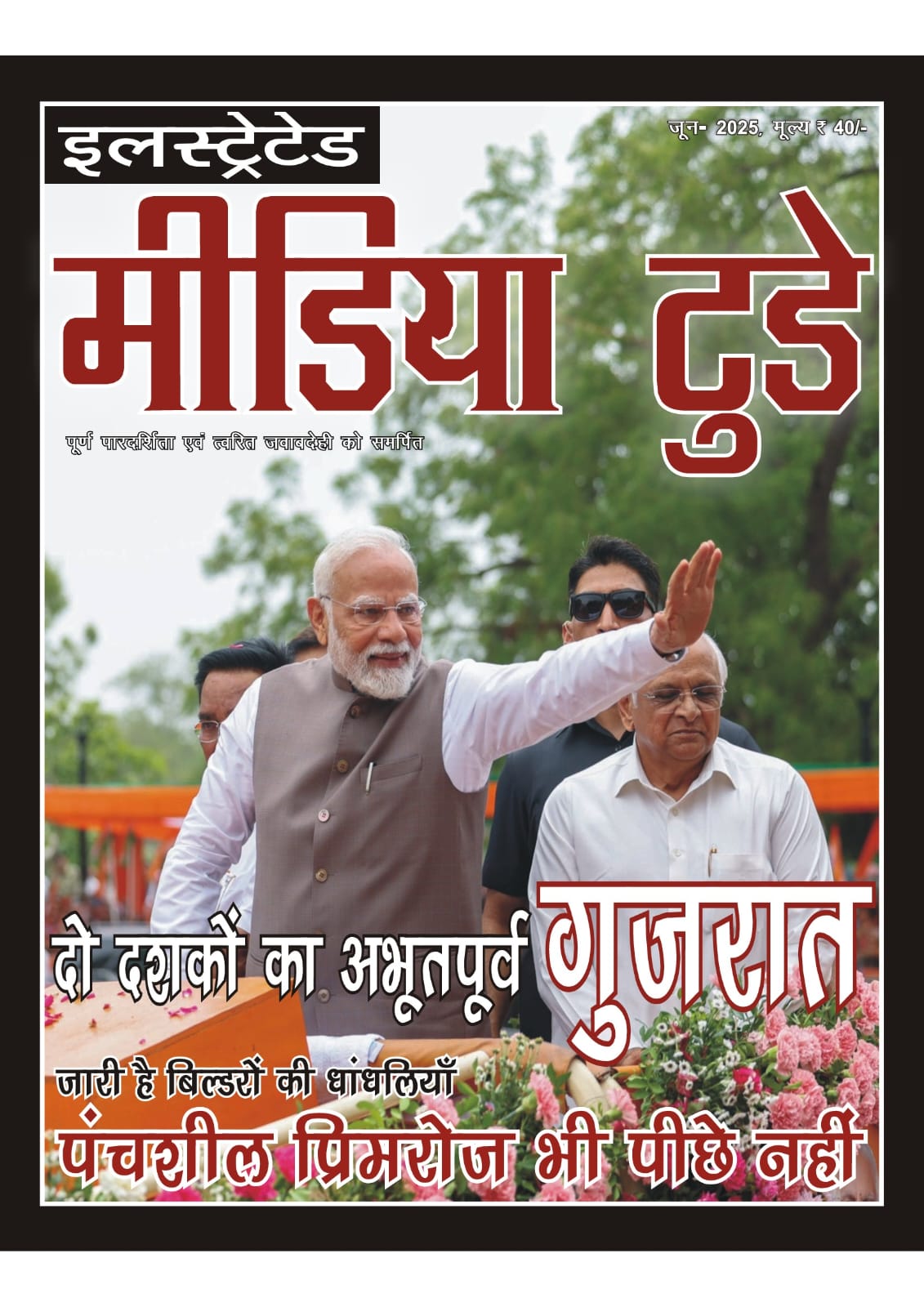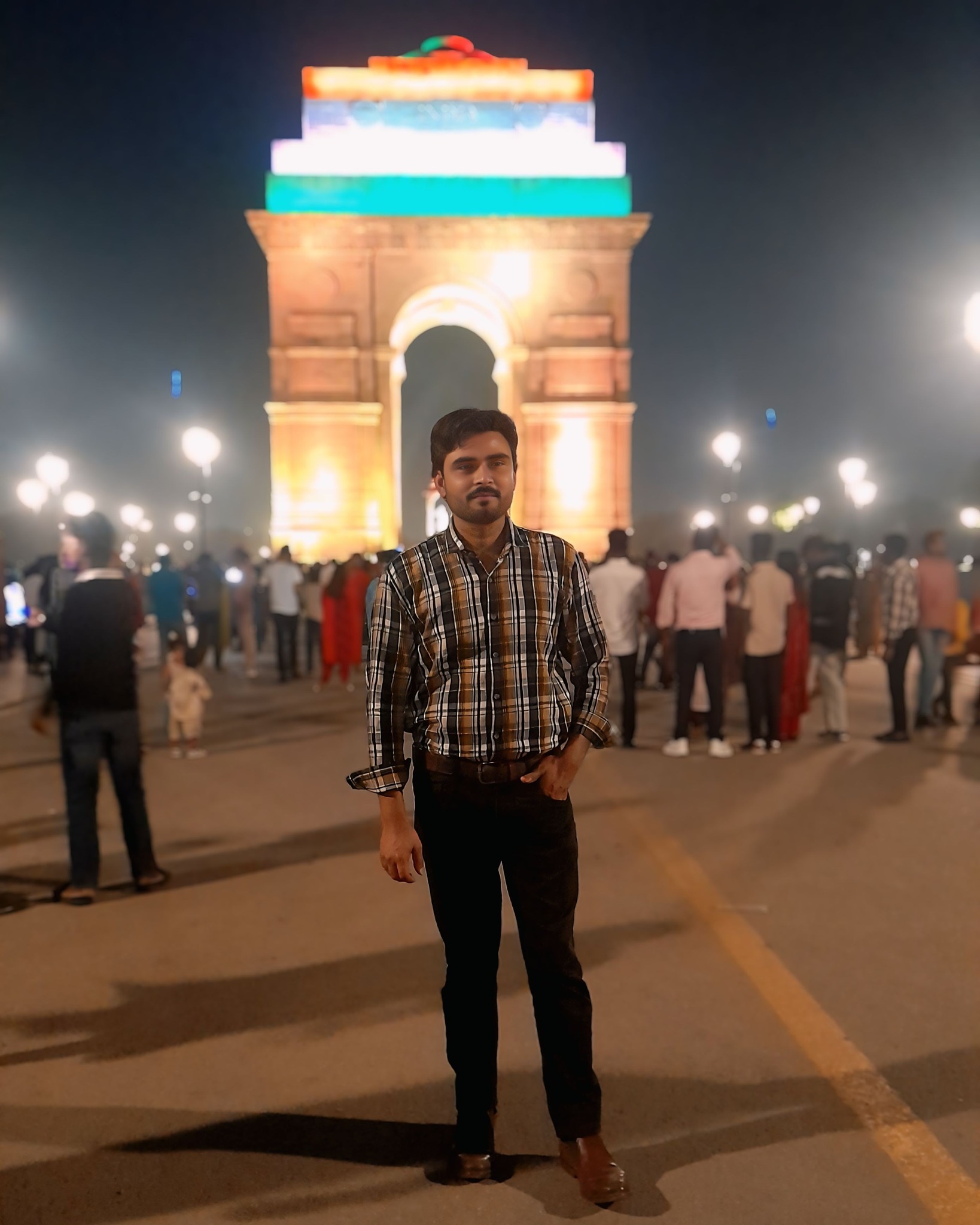By Nirale Don
Today, as the streets of Darbhanga echoed with silent footsteps, it was not just a protest — it was a statement. A statement that we, the people, are watching. And we will speak. I, Nirale Don, stand firmly and vocally against the Waqf Amendment Bill — a piece of legislation that reeks of imbalance, injustice, and quiet colonization of community rights.
Let me be clear: this bill is not just an amendment — it is an encroachment. It’s a veiled attempt to tighten the grip over Waqf properties without the consultation, consent, or consensus of the very communities those lands belong to. Under the garb of “reform,” it seeks to silence the stakeholders.
What makes this bill dangerous?
-
Centralization of Power: The bill proposes more centralized control over Waqf boards, stripping local and state authorities — and by extension, the community — of their voice in the management of religious and charitable assets.
-
Opacity over Transparency: It empowers the Waqf Board with unchecked powers, making it harder for common people to appeal or question its decisions. Where is the democracy in that?
-
No Community Consultation: The very people who contribute to and depend on Waqf lands have been left out of the conversation. No hearings. No outreach. Just cold, bureaucratic reshaping of faith-driven legacy.
-
A Legal Black Hole: The bill seems to override certain legal protections, making Waqf properties more vulnerable to misuse, mismanagement, or even state-backed grabs.
As someone who walks with the people, who listens to the voices on the ground, let me say this loud and clear: this bill doesn’t serve reform — it serves control.
What we witnessed today in Darbhanga was a rare moment of unity — Hindus, Muslims, Dalits, youth, women — all walked side by side, because this isn’t just about one faith or one community. This is about the idea of India — an India where heritage is protected, not hijacked.
They called it a silent protest. But silence can roar.
We don’t need amendments that erase our rights. We need reforms that uplift, empower, and include. I urge the government to roll back this bill and initiate real dialogue with the people — not just paperwork behind closed doors.
This is not just an appeal. It is a warning. The country is awake. Darbhanga has spoken. And Nirale Don will not be silent.




